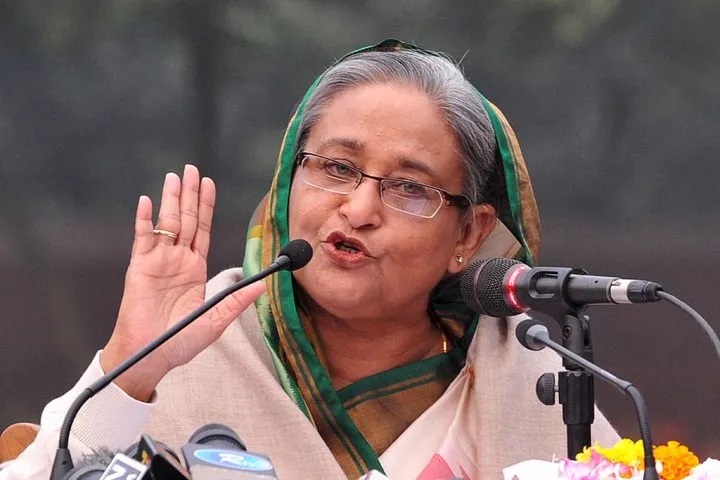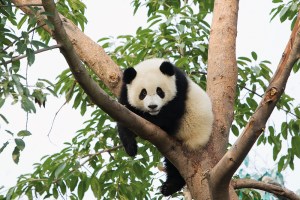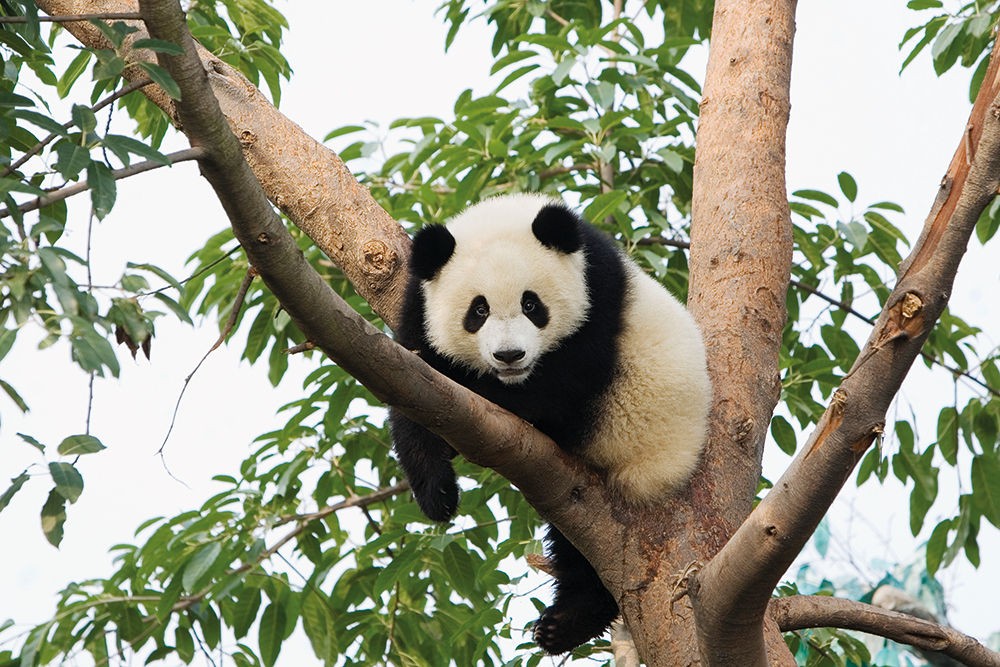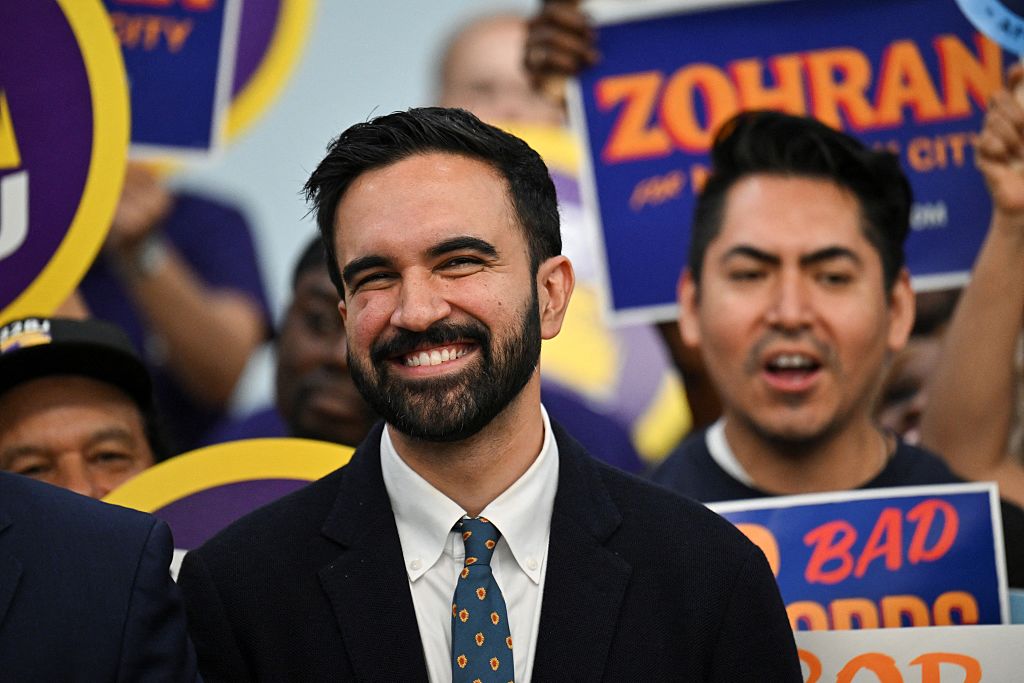Politics in Bangladesh is very much a one-woman show, starring prime minister Sheikh Hasina, who has ruled the country for the last fifteen years. When voters headed to the polls yesterday, they faced little choice but to reelect her and the ruling Awami League Party.
The main opposition — the Bangladesh Nationalist Party (BNP) — is boycotting the vote, citing government interference. Many leading opposition figures are under house arrest, behind bars or in exile. An array of independent candidates and a few smaller opposition parties standing for election is meant to convey the impression of an electoral contest of sorts but this shouldn’t fool anyone.
Hasina’s long and unchallenged hold on power has slowly eroded the country’s democratic freedoms
Hasina is already the longest-serving leader in the country’s history; yesterday’s win means a fourth consecutive term in office and a fifth overall. In that time she has gathered enemies aplenty. Her critics say she is well on the way to turning Bangladesh — a predominantly Muslim country with a population of 170 million — into a one-party state. They have a point. Since assuming the premiership for a second time in 2009, Hasina has been ruthless in using every lever of state at her disposal to extend her hold on power. Government loyalists have been installed in the country’s key institutions, including the civil service, the judiciary, police and security services.
Even the most bitter of her opponents would concede that Hasina is a formidable political operator. Hasina also has the advantage of being as close as it comes to being political royalty in Bangladesh: she is the daughter of the country’s founding father, Sheikh Mujibur Rahman.
Her supporters argue that the government has delivered strong economic growth during her time in office, with a particular focus on critical infrastructure projects. These include developing an expanded electricity grid that now reaches isolated rural communities. More girls are now enrolled in education and there are increasing numbers of women in the workforce. The country plays a key role in global supply chains as the world’s second-largest garments exporter. Last but not least, Hasina is credited with extinguishing the growing threat of Islamic militancy in the country.
These are formidable achievements, but there is a darker side to the story. The economy is not as buoyant as before, with high inflation and fuel shortages. Dwindling foreign exchange reserves have forced Bangladesh to request a multibillion-dollar loan from the IMF.
Hasina’s long and unchallenged hold on power has also slowly eroded the country’s democratic freedoms. Several political activists have faced violence at the hands of the police and ruling party supporters during demonstrations in recent months. The opposition BNP claims thousands of its members have been arrested on trumped-up charges.
Sunday’s election is not the first in Bangladesh’s history to be dogged by accusations of unfairness and worse. In 2018, an Awami League-led alliance won 96 percent of the parliamentary seats amid allegations of vote-rigging. This was denied by the authorities. In 2014, the main opposition boycotted the polls in protest at changes to the constitution that favored the ruling party.
The government uses the harshest measures to stifle dissent, muzzle the press and persecute its critics. As a result, international concerns over human rights violations have been growing. In 2021, the United States imposed sanctions on seven Bangladeshi security officials for alleged extrajudicial killings. Last year, Washington made a point of stressing the importance of free and fair elections in Bangladesh, and introduced a new policy of denying visas to those engaged in undermining the “democratic election process.” Bangladesh accused the Americans of “meddling” in domestic politics. It should worry supporters of democracy everywhere that Russia and China are solid supporters of Bangladesh’s ruler.
The stakes could not be higher for Bangladesh. For democracy to be viable, incumbent governments need a credible opposition to challenge for power and give voters a real and meaningful choice. Sheikh Hasina has all but crushed any opposition to her rule. Bangladesh now faces the very real prospect of descending into a de facto one-party autocracy.
This article was originally published on The Spectator’s UK website.


























Leave a Reply